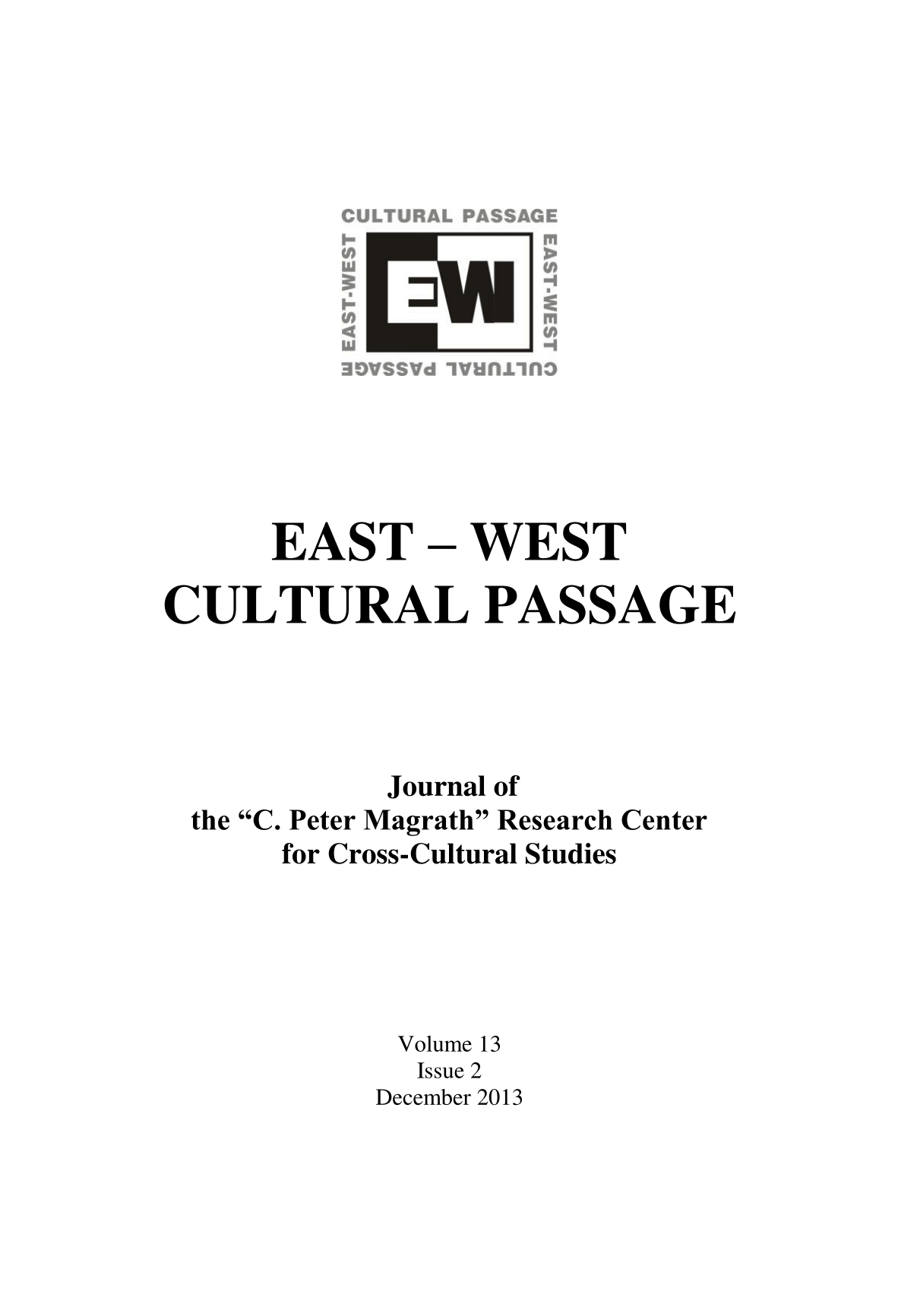Uniquely Villainous: Marlowe’s Barabas as an Evil Trickster in a Machiavellian World
Uniquely Villainous: Marlowe’s Barabas as an Evil Trickster in a Machiavellian World
Author(s): Nizar ZouidiSubject(s): Theatre, Dance, Performing Arts, Drama
Published by: Editura Universitatii LUCIAN BLAGA din Sibiu
Keywords: Machiavel; evil trickster; politics; self-fashioning; Jew of Malta; villainy; Marlowe;
Summary/Abstract: Probably one of the most influential villains in literature, the Jew of Malta is usually invoked when critics deal with the most villainous characters of Renaissance drama. He haunts the villains that preceded or succeeded him. Introduced in a lengthy prologue spoken by a character named Machiavel, Barabas is usually associated with Machiavellism. However, the political formalism that dominates the critical understanding of the stage villains obscures the distinctive characteristics of Machiavels. The latters are either familiar with the world of politics, like Edmund and Richard III, or are able to familiarize themselves with it, like Iago. Unlike them, Barabas is born outside the realm of politics. The invasion of Malta by the Turks thrusts him in the role of the governor. After all the plots he uses to reach that post, Barabas finds himself in a rare moment of self-fashioning. In this article, I argue that the tragic fate of Barabas is brought about primarily by his failure to become a Machiavel in the strict sense of the term. Moving from the realm of the civil to the realm of the civic entails moving from pure evil trickery to Machiavellian machinations. Failing to refashion himself, Barabas falls victim to his own plot.
Journal: East-West Cultural Passage
- Issue Year: 13/2013
- Issue No: 2
- Page Range: 90-108
- Page Count: 19
- Language: English
- Content File-PDF

